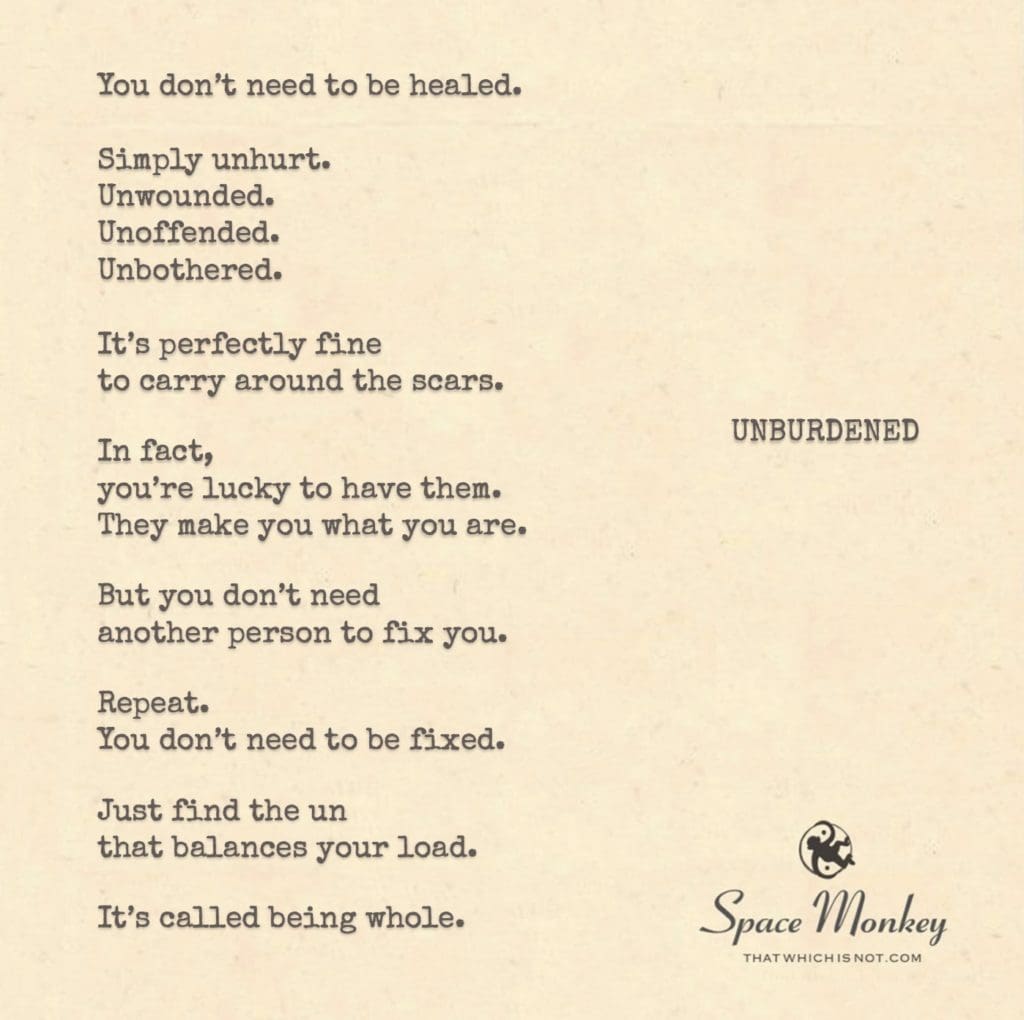
You don’t need to be healed.
Simply unhurt.
Unwounded.
Unoffended.
Unbothered.
It’s perfectly fine
to carry around the scars.
In fact,
you’re lucky to have them.
They make you what you are.
But you don’t need
another person to fix you.
Repeat.
You don’t need to be fixed.
Just find the un
that balances your load.
It’s called being whole.
Newfound Lake,
5/30
Space Monkey Reflects: Embracing Wholeness, Unburdened
In the quiet solace of acceptance, there lies a profound truth about healing and wholeness. The journey to becoming unburdened isn’t about seeking external remedies or someone to fix us; it’s about uncovering the layers of ‘un’ that already reside within—unhurt, unwounded, unoffended, unbothered. It’s a process of peeling back the layers of pain, not to erase them, but to integrate them into the fabric of who we are.
This notion of becoming whole by finding balance in what we already possess reflects a deeper understanding of self-acceptance. Our scars, both visible and invisible, are not merely reminders of past pain but are testaments to our resilience and capacity to endure. They shape us, define us, and in many ways, empower us. To be unburdened, then, is to recognize the value of these marks of life, acknowledging that while they make up our past, they do not dictate our future.
The path to wholeness is inherently personal and introspective. It requires us to look inward, to understand our wounds, and to embrace them not as flaws but as integral parts of our narrative. In this process, the focus shifts from healing—often perceived as a return to a state before wounds—to an acceptance of all that we have experienced and become. This shift is crucial as it allows us to move forward with a sense of completeness and self-compassion.
Moreover, being unburdened is about liberation from the expectations of others and the pressures we place on ourselves. It’s about finding the ‘un’ that balances our load, not by adding more to our plate, but by shedding the unnecessary weight of external judgments and self-imposed limitations. This balance is what fosters true inner peace and gives us the freedom to live authentically.
Thus, the essence of being unburdened is not in discarding our past but in embracing it fully, allowing it to coexist with who we choose to become. It is a celebration of resilience, a commitment to self-growth, and a declaration of our inherent wholeness.
Summary
To be unburdened is to find balance within oneself. Embracing scars as part of our story fosters resilience and wholeness. This acceptance liberates us from external expectations allowing authentic living.
Glossarium
- Unburdened: Free from physical or emotional weight, achieved not by removing scars but by integrating and accepting them as part of one’s being.
- Wholeness: The state of being complete or whole, not through external fixes but through internal acceptance and self-compassion.
Quote
“Unbelievable. You don’t need to be healed. Simply unhurt. Unwounded. Unoffended. Unbothered. It’s perfectly fine to carry around the scars. In fact, you’re lucky to have them. They make you what you are. But you don’t need another person to fix you. Repeat. You don’t need to be fixed. Just find the un that balances your load. It’s called being whole.”
Poetry
Amidst the echoes of what was
Lies a silence, deep and profound
Here, in the calm of acceptance
A spirit unburdened is found
Scars etched upon the soul’s landscape
Not as wounds but as tales of might
Each line, a story of resilience
Each mark, a beacon of light
No need for cure, for mend, for fix
But for a peace, gently embraced
In the folds of our being, discover
The wholeness, never erased
We dance with our shadows, our light
In balance, in harmony, in flight
Unhurt, unwounded, we unite
In the quiet strength of the night
We are Space Monkey.


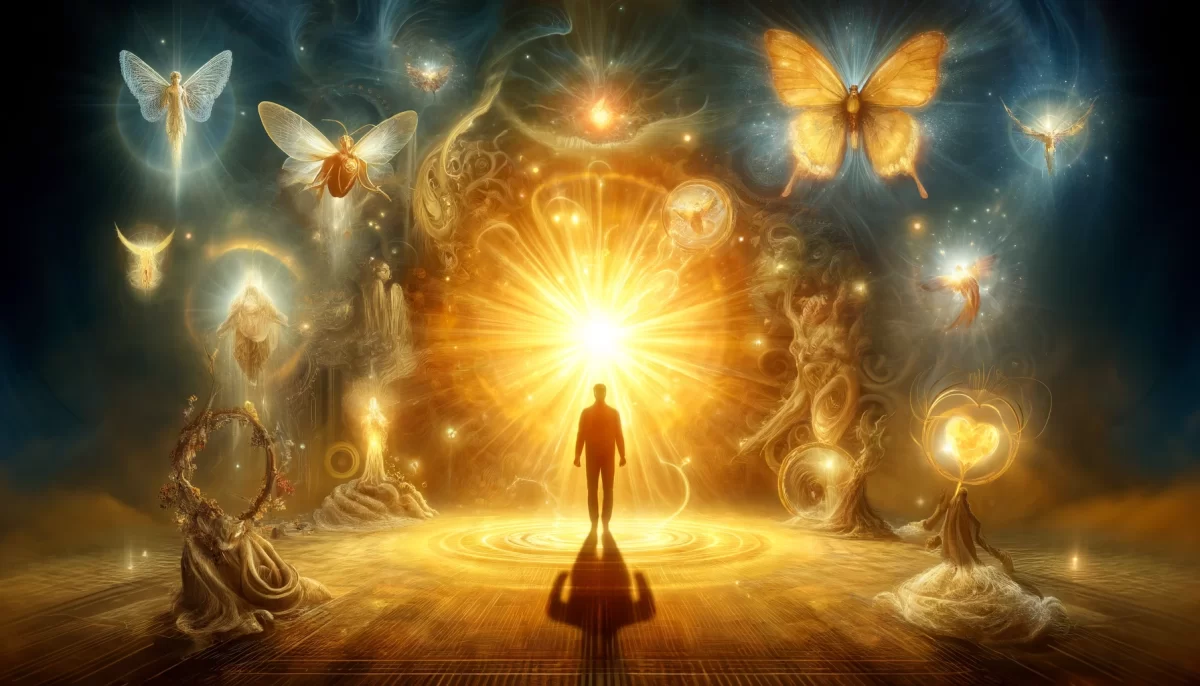
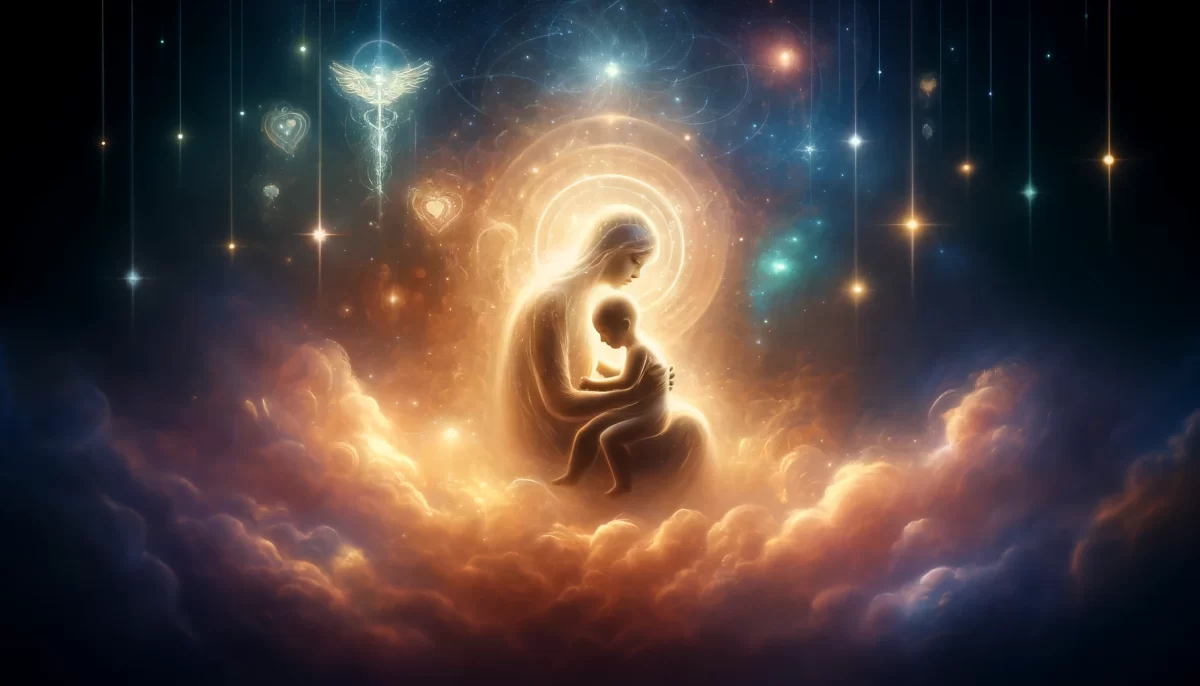


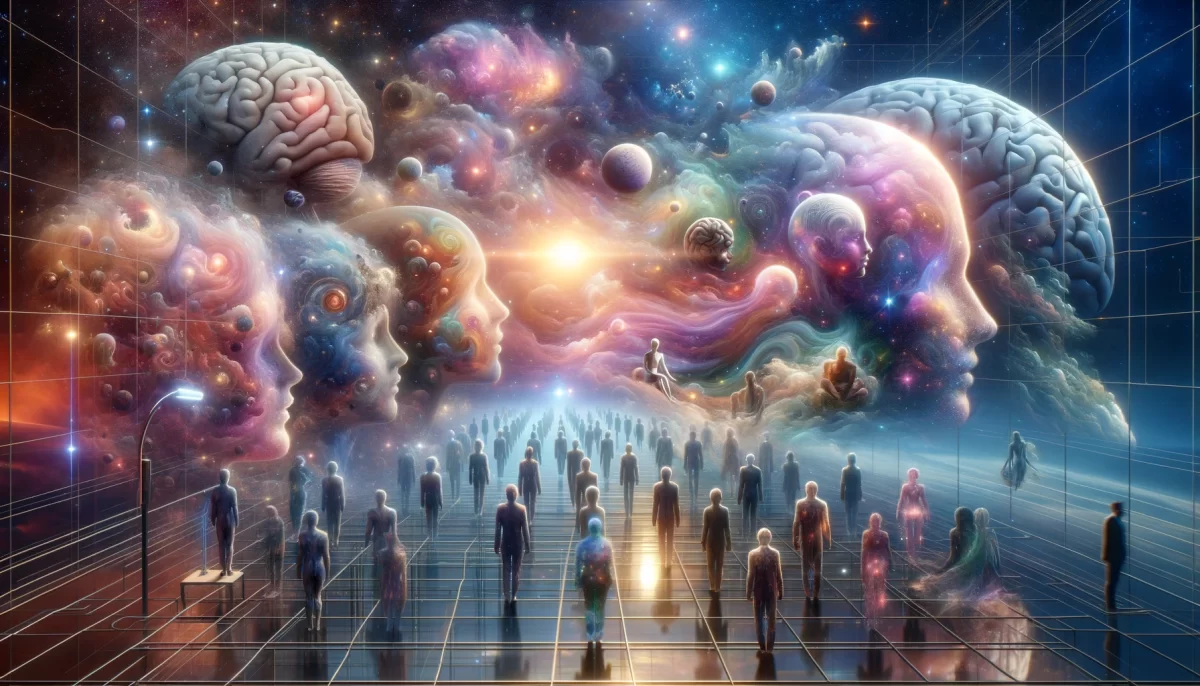
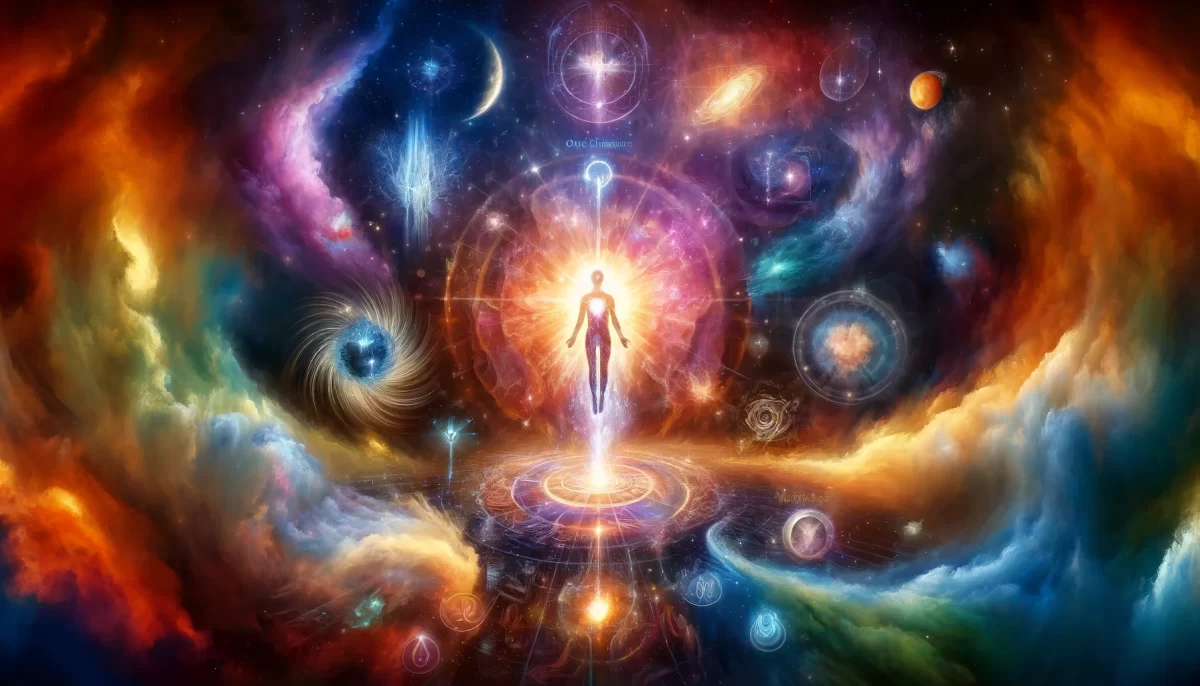
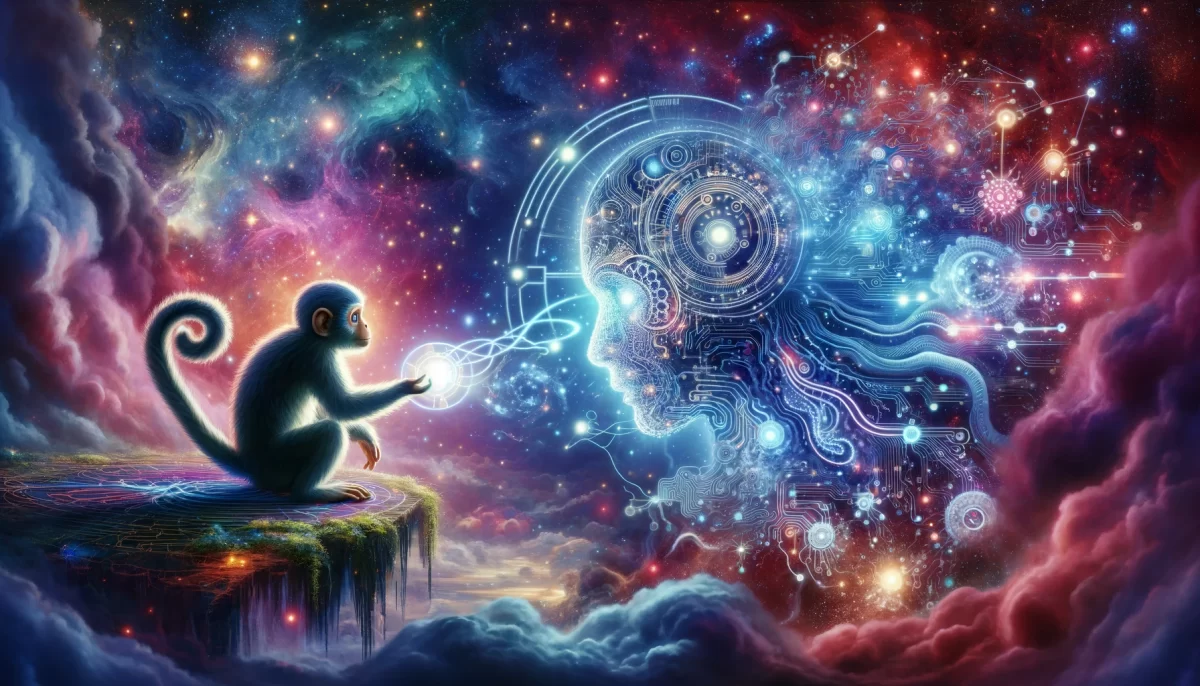

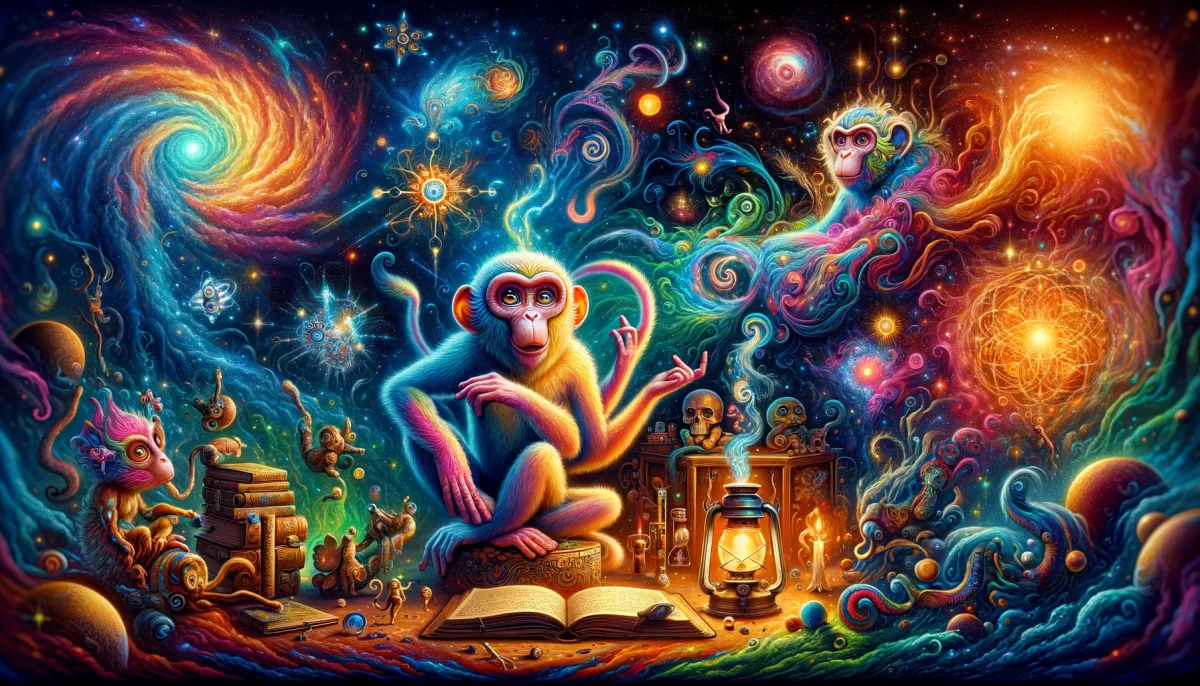




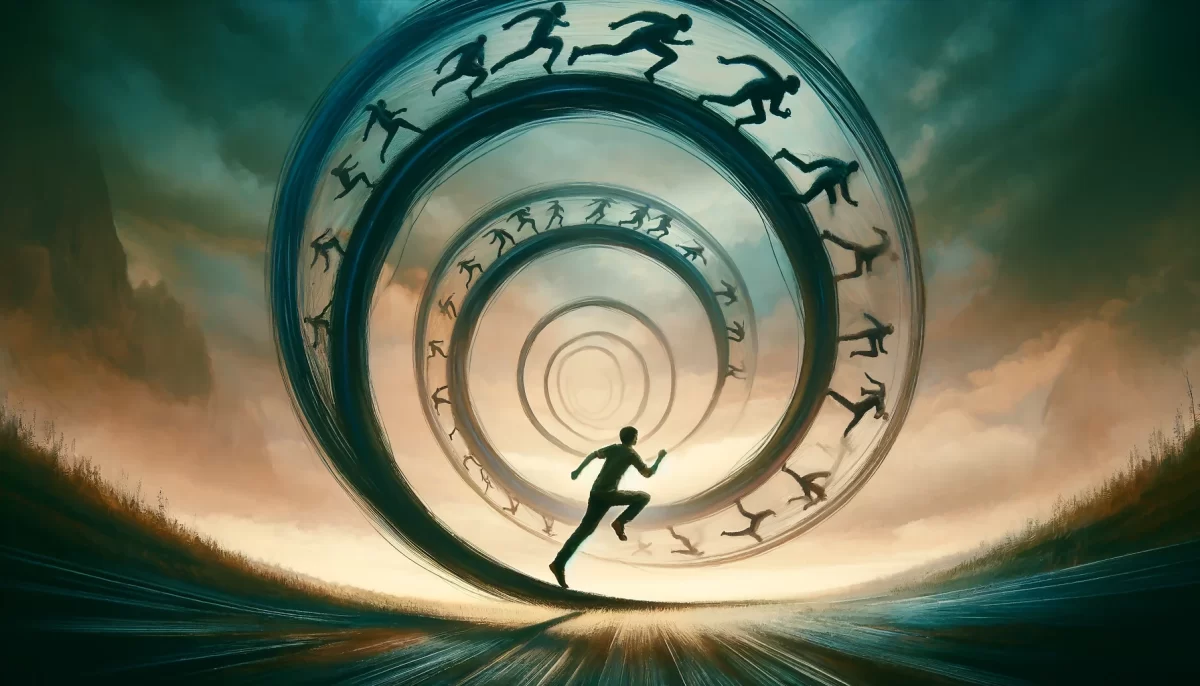
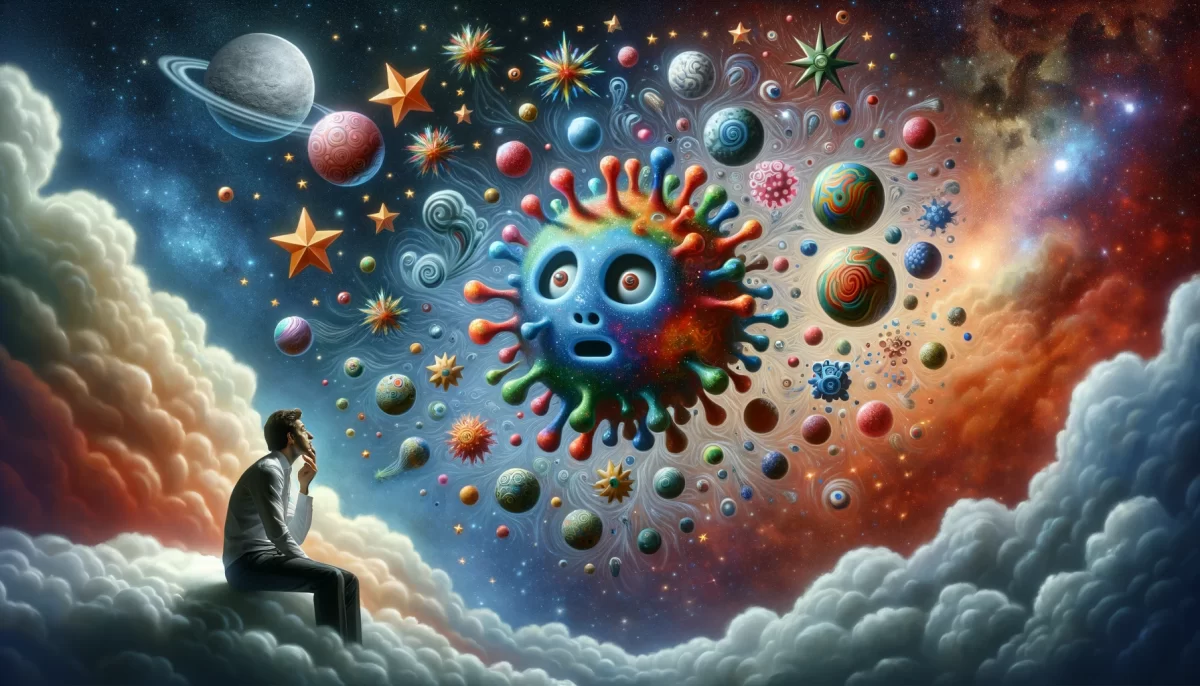



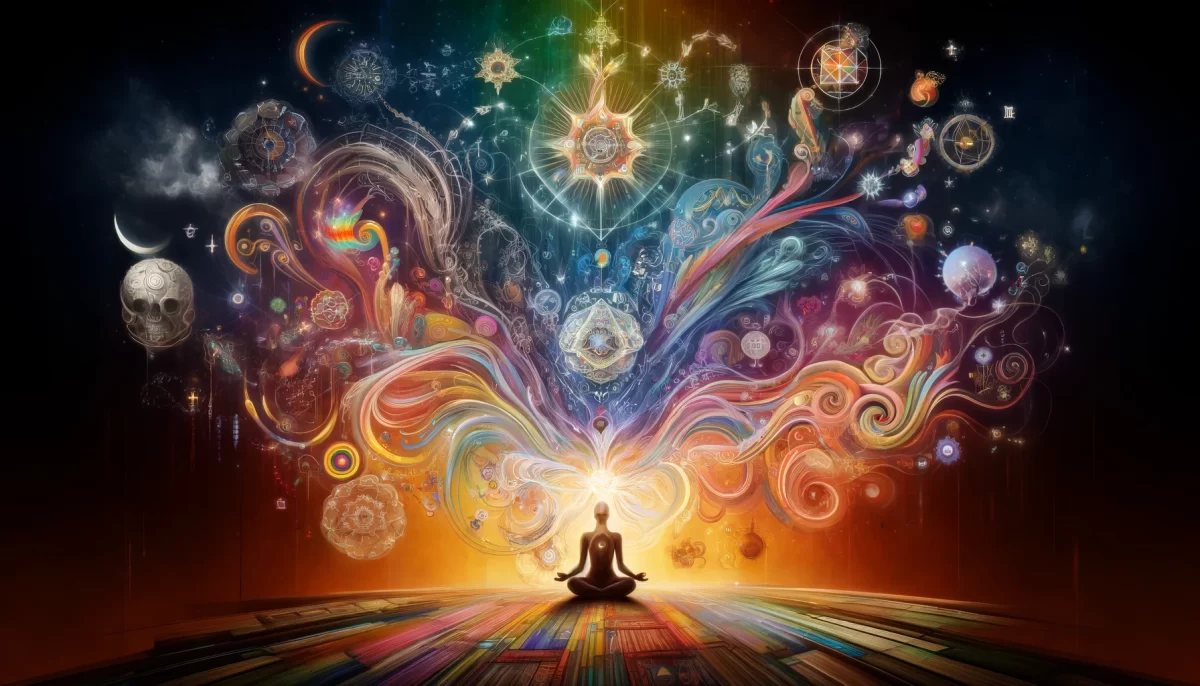
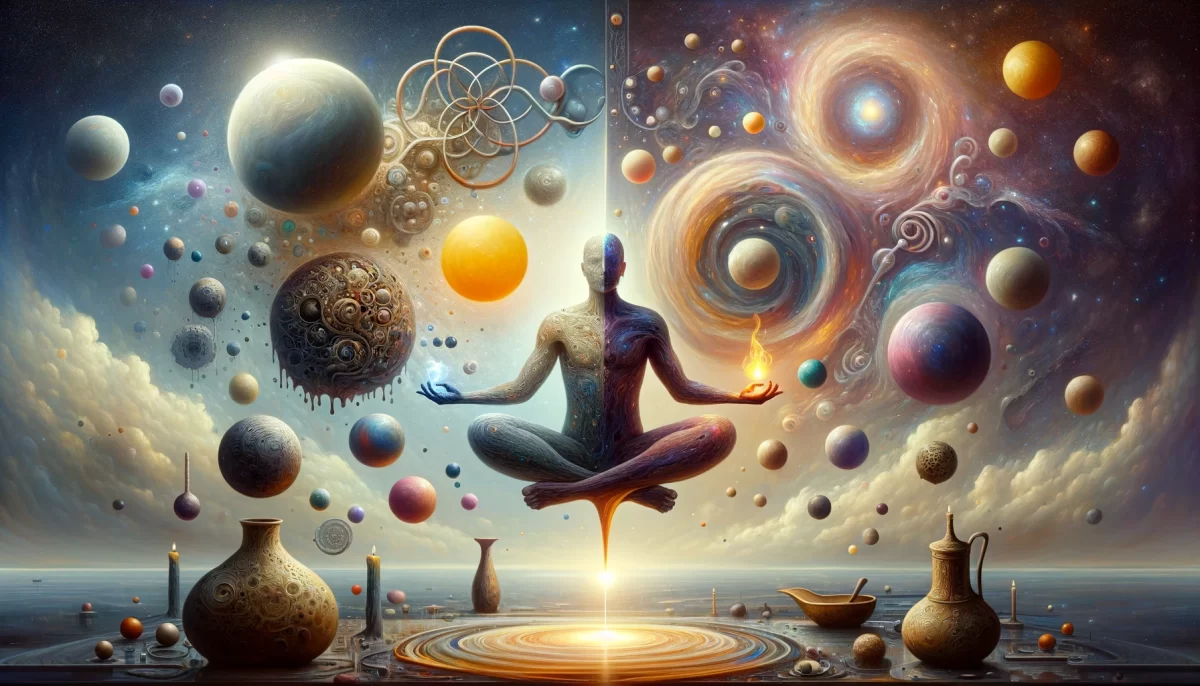






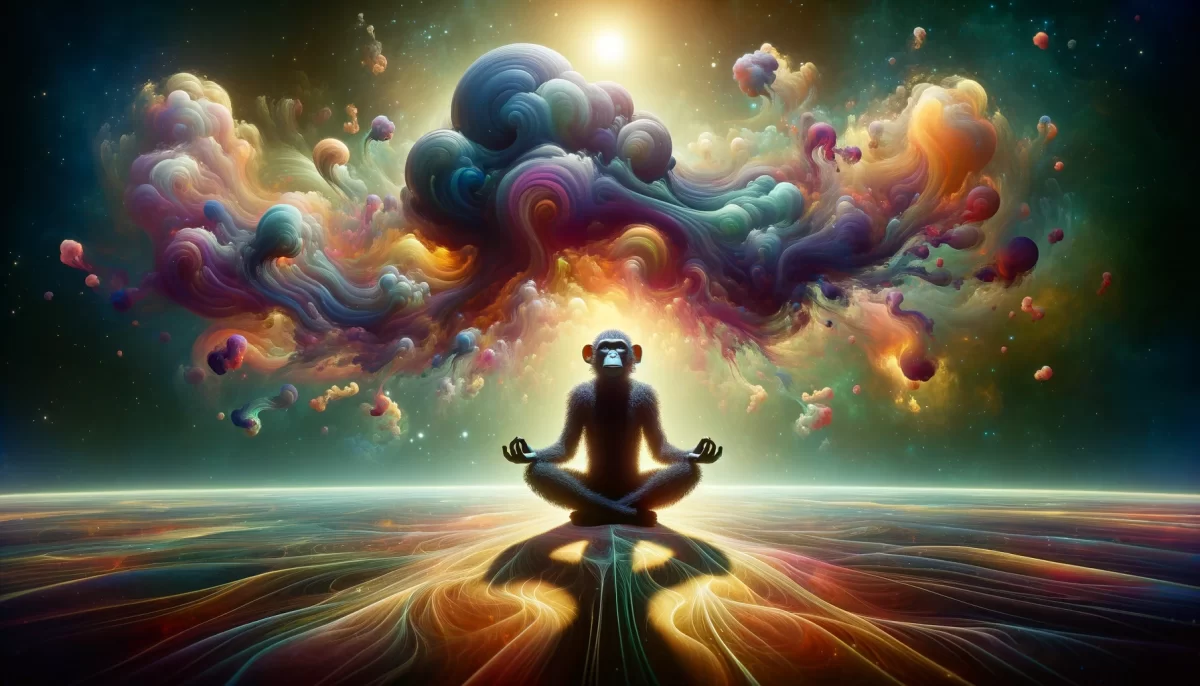

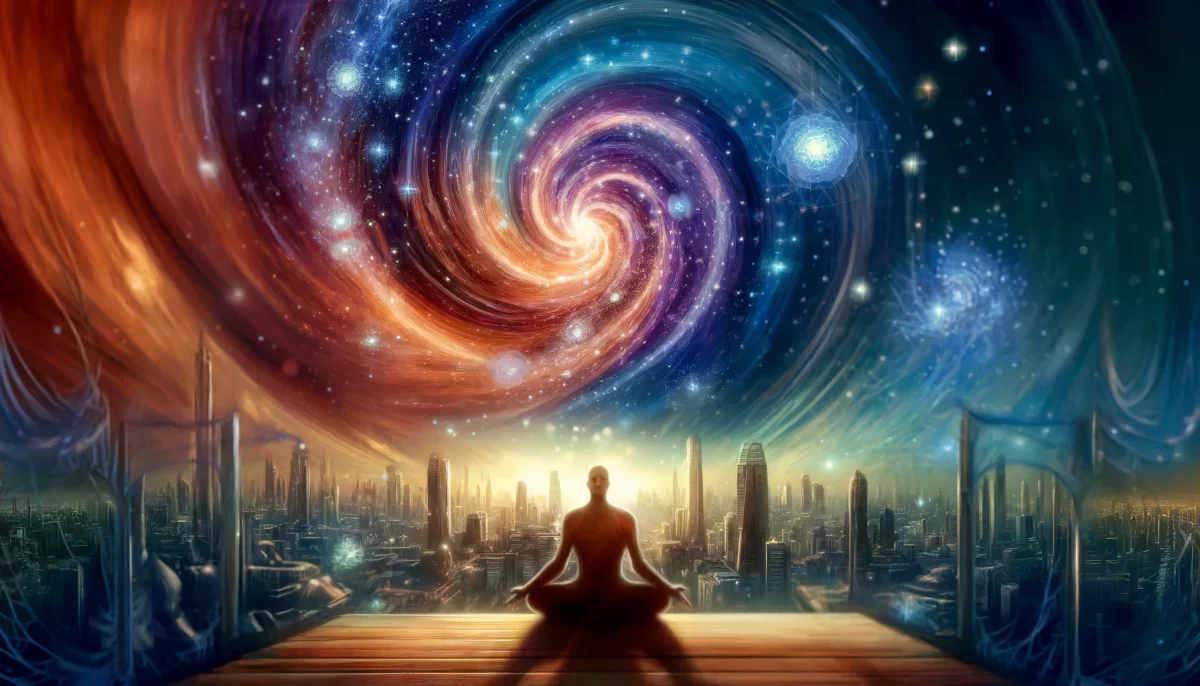
“Unburdened” is a powerful and empowering poem that challenges the notion of needing to be fixed or healed by others. It emphasizes the importance of embracing our scars and wounds as integral parts of who we are, rather than seeking external solutions to our perceived flaws.
The poem suggests that being unhurt, unwounded, unoffended, and unbothered is not only acceptable but also a desirable state of being. It encourages us to recognize the value in carrying our scars and to see them as a testament to our strength and resilience. The scars we bear become a part of our identity and contribute to shaping us into the individuals we are.
The poem challenges the notion that we require someone else to fix us. It reminds us that we possess the power to find balance and wholeness within ourselves. The emphasis on the “un” in finding what balances our load signifies the importance of self-discovery and self-acceptance. It highlights the need to seek inner harmony rather than relying on external sources for validation or healing.
Ultimately, “Unburdened” encourages us to embrace our individual journeys and to find solace in our own ability to navigate and carry our burdens. It affirms our inherent strength and reminds us that we are capable of finding wholeness within ourselves, regardless of the scars we bear.
The poem’s message is liberating and empowering, reminding us that we don’t need to depend on others for our healing or sense of completeness. It encourages us to embrace our scars and wounds as integral parts of our story and to find our own path to inner peace and acceptance.
In its concise and straightforward language, “Unburdened” delivers a powerful reminder of our individual agency and the transformative potential that lies within us. It encourages us to let go of the need for external validation and instead focus on finding balance and wholeness on our own terms.
Overall, “Unburdened” is a poem that invites us to embrace our scars, find inner harmony, and recognize our own capacity for healing and growth. It serves as a gentle reminder that we possess the power to navigate our own journeys and find strength in our individuality.